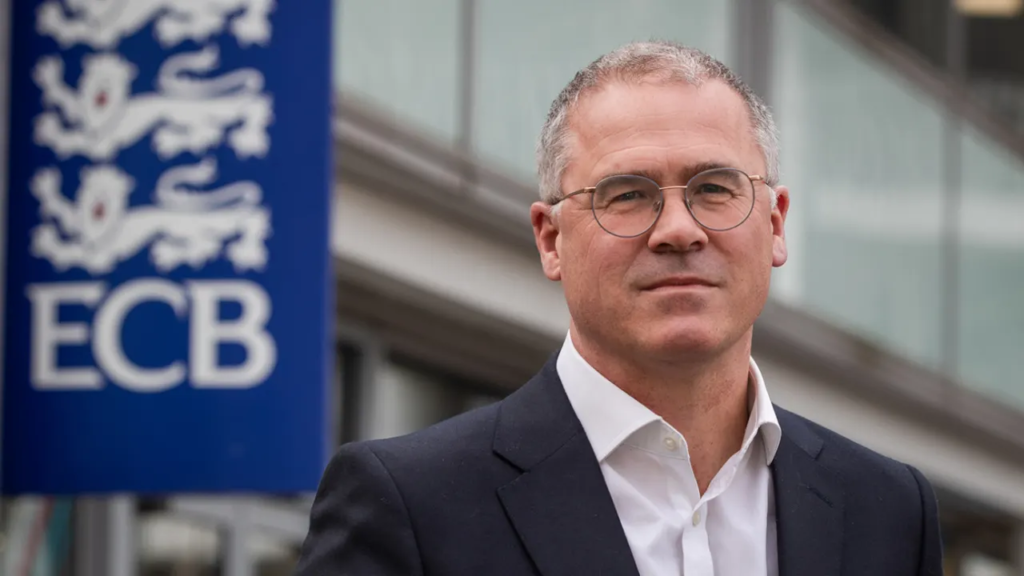
ECB CEO talks up game-changing process of Hundred investment and how it will shape the next 20-25 years of English Cricket.
ECB CEO Richard Gould is confident the Hundred will generate enough money to future-proof the County game for the next “20 to 25 years”.
There is still a wide range of potential buyers after the first round. It saw over 100 bids from 35 groups. They are thought to consist of private equity and sports investors located in the United States. As well as the owners and co-owners of eight of the ten IPL teams.
The majority of investors have placed several offers, according to Gould. Clubs and counties will select their two preferred partners for a joint venture in the third and final round. This following the identification of investors who best fit the interests of one of the eight host teams.
With investor rivalry clearly evident. ECB is still hopeful that they will surpass their initial stated goal of raising at least £350 million.
If the proper bids and suitors are not found for all teams, the ultimate process may be delayed. This according to Vikram Banerjee, who was appointed ECB director of business operations in September. He is responsible with selling off holdings in the Hundred. According to Gould, it is “more likely” that the 49 percent stakes available for each of the eight teams will be auctioned for the first time after three months and two stages. After that, host counties can choose how much of their 51 percent gifted population to give up.
“My hope is that this will recapitalise the county game for the next 20-25 years. If that money is used really well,” he said in Hamilton. On the eve of the third Test between England and New Zealand.
“We’re not counting our chickens yet, but the aim of this is to raise significant investment that is going to go into the game. One of the things that has been attracting the investors is the money they’d be putting in is going to develop the game. A very significant chunk is going into the recreational game. Even more is going into the professional game and that is split between the hosts and non-hosts.
“The professional counties have been very keen to explain to us that they want guard rails in place. Those are likely to focus on the level of debt a club has, the level of reserves a club should have and also when they are making investments, making sure those are investments for the good of the game – providing financial return or in things like the player pathway.”

